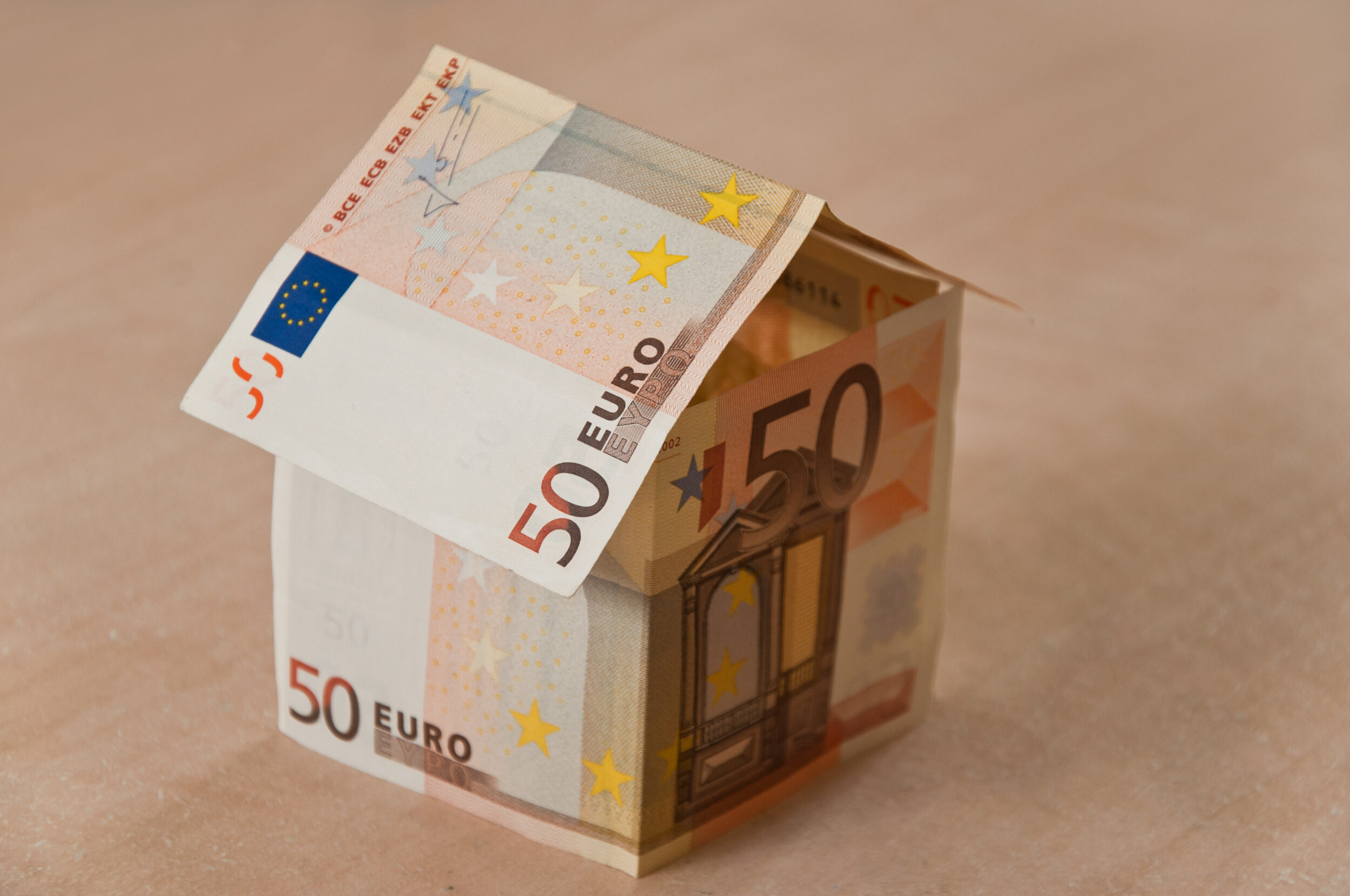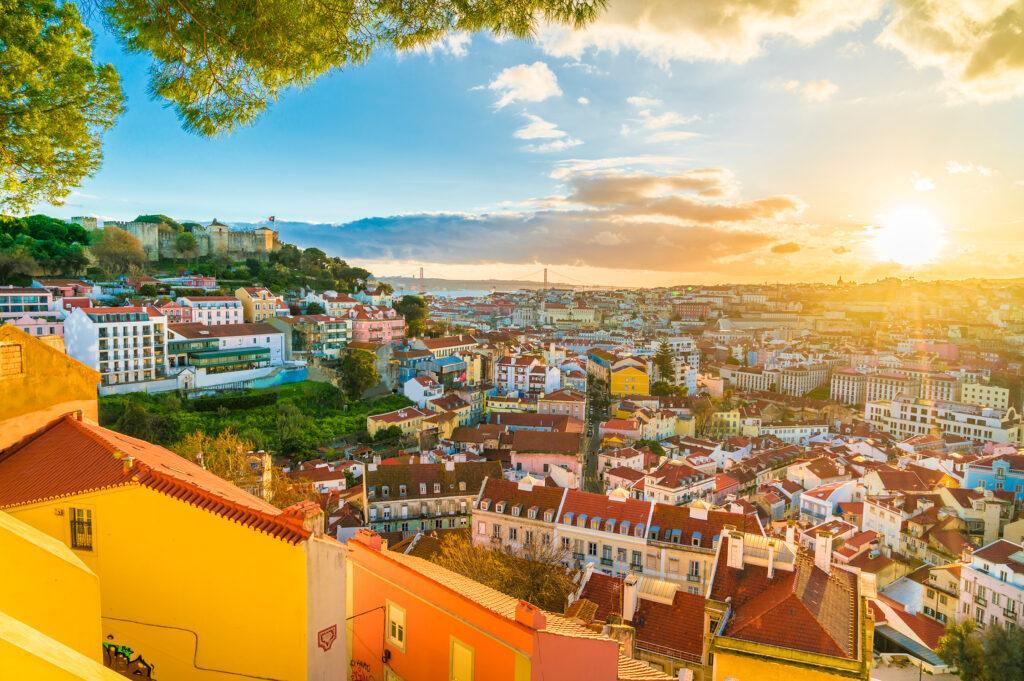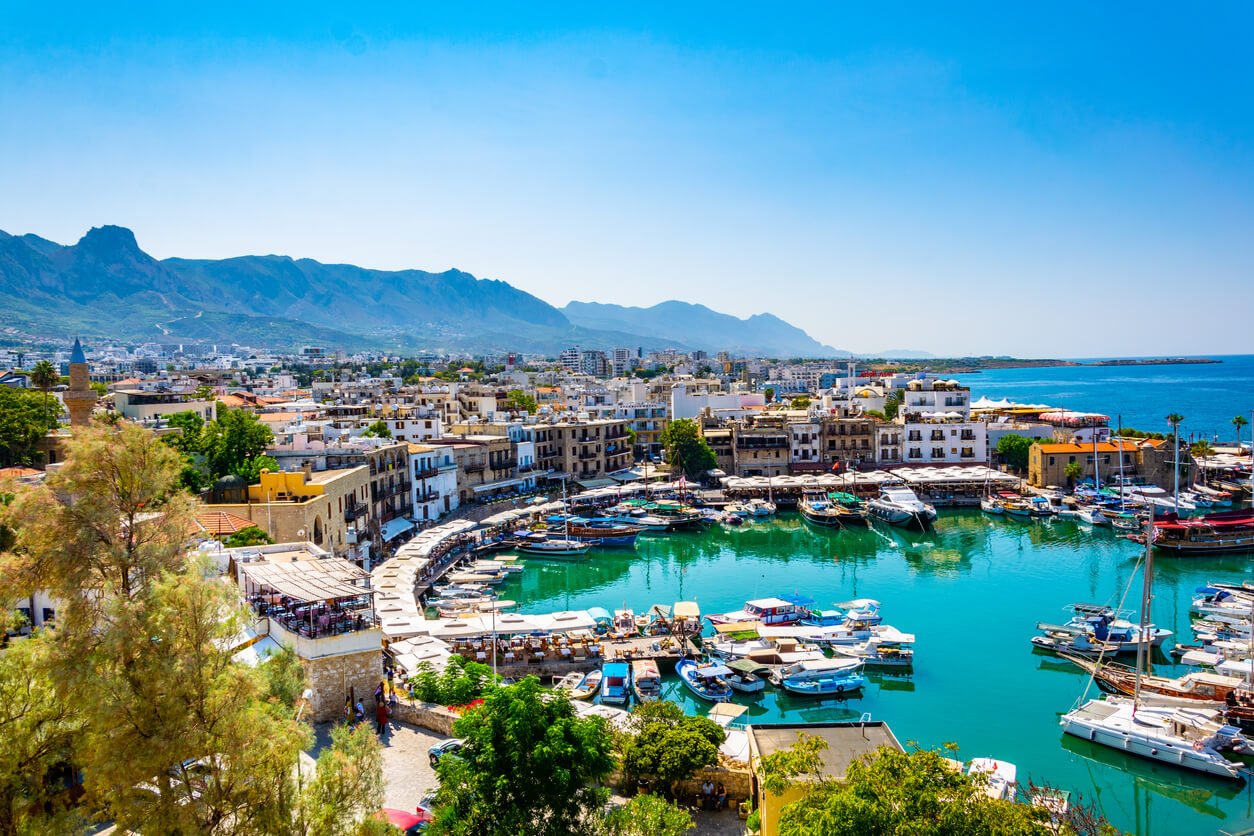
In 2022, more than 45,000 Brits have taken the plunge and moved to Portugal. Lisbon, Cascais, Porto, Faro—do these cities tempt you too?
Make your dream come true and become a property owner in Portugal, whether for your permanent residence or a second home, with the help of our article guiding you through each step of your property purchase.
Step 1: Prepare the required documents
To buy property in Portugal, you need to take care of certain administrative tasks in advance. Failing to do so could hinder your progress in the process.
Valid identification
The wait times for obtaining a passport or national identity card are increasingly long. You cannot rely on an expired document. First and foremost, make sure your identification papers are up to date.

Obtaining a Fiscal Identification Number (NIF)
The NIF must be requested at the tax office (Finanças). You will need a valid identification document and proof of address dated within the last 3 months.
If you do not yet have an address in Portugal, you will need to provide proof of residence from your current country and find a fiscal representative in Portugal.
Opening a bank account in Portugal
When you start looking for a property, it means that once you begin the visits, you might find the perfect one. It’s important to anticipate the payment of a deposit and the balance a few weeks later. The deposit can come from a foreign bank since it will simply require a transfer to the seller’s or an intermediary’s (like a property agency) account. However, the balance will need to be settled with a bank check issued by a Portuguese bank if you are financing through a Portuguese bank.

Step 2: Searching for your house or apartment in Portugal
Finding the ideal property requires a trustworthy partner, such as a property agent, who will bring their expertise and professional insight to the properties you plan to visit.
It’s advisable to spend some time living in Portugal, even if it means renting a place for a while, to fully understand the pros and cons of a city or village.
Properties should always be selected based on your life goals and family composition: keep a clear head, as a property you fall in love with isn’t necessarily a good deal. Our iad Overseas property consultants can help your to find your dream home in Portugal.
Reserving the property with a written offer
Your written offer initiates the negotiation with the seller until an agreement is reached on the sale price.
Step 3: The preliminary purchase agreement
If your offer is accepted, a preliminary purchase agreement (Contrato de Promessa de Compra e Venda) will be drafted by either a notary or a lawyer. This is a comprehensive document that will be referenced during the final signing.
In the meantime, you must obtain the essential official documents to safely commit to the sale contract.
You should first consult the land registry to verify the legality of the advertised information. Additionally, you need to obtain an energy certificate for the property.
Step 4: Financing your property purchase
Having the right support is crucial during the property purchase process. A mortgage broker can assist you in finding the best financing solution for your house or apartment in Portugal. They can navigate between offers from your home country and those from Portuguese banks.
Based on the economic context and your personal situation, they will help you determine whether it is better to make a cash payment, take out a traditional loan, or opt for a mortgage loan.**

Step 5: Signing the deed of sale
A few weeks after signing the preliminary agreement and securing financing, you are ready to finalise the sale.
The final payment takes place on the same day as the signing of the deed of sale (escritura pública de compra e venda) or the authenticated private deed (with a lawyer).
A notary is present to validate the process, ensure that the conditions of the contract are met, and guarantee the rights of the involved parties.
An attorney can be helpful in translating the documents, which will be read in Portuguese.
Step 6: Payment of taxes and fees by the buyer
Some taxes must be paid just before the transaction is signed. These include:
- Transfer Tax: Imposto Municipal Sobre as Transmissões Onerosas de Imóveis (IMT). The notary must receive the payment order before the contract is signed. These fees are calculated based on either the fiscal value of the property or the purchase value, considering the final use of the property (primary or secondary residence) and its geographic location.
- Stamp Duty: Imposto do Selo (IS). This tax is paid only once, at the time of the transaction.
Afterward, the notary will register the property in the buyer’s name at the land registry, which involves paying registration fees.
Other taxes related to private property in Portugal
While there is no housing tax in Portugal, there is a property tax called Imposto Municipal Sobre Imóveis (IMI), which is paid once a year.
The municipality can also impose an additional tax, such as for the maintenance of sewage networks. This is called AIMI (Adicional ao Imposto Municipal de Imóveis), which is also paid annually.
Taxes for rental investment properties
Taxes on income from short-term or long-term rentals apply. This includes a progressive rate on declared revenue with VAT for short-term rentals, or a tax based on the duration of the rental for long-term rentals.
For non-residents, due to bilateral non-taxation agreements, IRS (income tax) will be collected in Portugal.
Other costs related to property acquisition
Depending on the number of intermediaries you need, you will have to pay:
- Notary fees: The presence of a notary is mandatory to validate the execution of the sale contract.
- Lawyer fees: While not mandatory, a lawyer’s intervention is strongly recommended.
- Translation fees.
- Property agent fees: It is challenging to do without their services, especially if you do not yet live in Portugal.
Pitfalls of buying property in Portugal
Portugal is not exempt from the common issues encountered in property transactions. Here are the usual points of vigilance that need thorough checking.
Title deed
Before signing the deed of sale, ensure that the title deed includes all necessary information about the selling owner.
Last-minute discoveries might reveal that the property is in co-ownership, or that the property transfer was not properly executed during a previous sale.
In Portugal, it is not the notary who handles these verifications. This task is typically managed by a lawyer.
Housing license (licença de utilização)
If any extensions or modifications were not declared, the new owner bears the responsibility.
Therefore, it is crucial to carefully verify that the declared surfaces and existing structures have been properly declared to the municipal council.
Building permit verification
It is wise to confirm that the construction matches the building permit. If any issues arise after you become the owner, you will be held responsible.
Loss of the deposit in case of buyer withdrawal
In Portugal, there is no cooling-off period. Once the deposit has been paid, either directly to the owner or into an escrow account, the amount is lost if the buyer withdraws from the sale.
From the seller’s side, if they back out, they must compensate the buyer with twice the amount of the deposit.
Ensuring a successful property purchase in Portugal
Our guide emphasises the necessity of involving competent professionals, as buying a property in Portugal requires thorough checks throughout the process.
- Preparation stage: This includes obtaining a fiscal number and establishing residency status.
- Understanding banking processes: It’s essential to grasp the intricacies of the financial system.
- Finding the ideal property: Navigating an unfamiliar property market can be challenging.
The support of our iad Overseas property consultants allows you to confidently navigate the entire property project, providing comprehensive assistance from A to Z through our network of local partners.
** Credit is a commitment and must be repaid.






